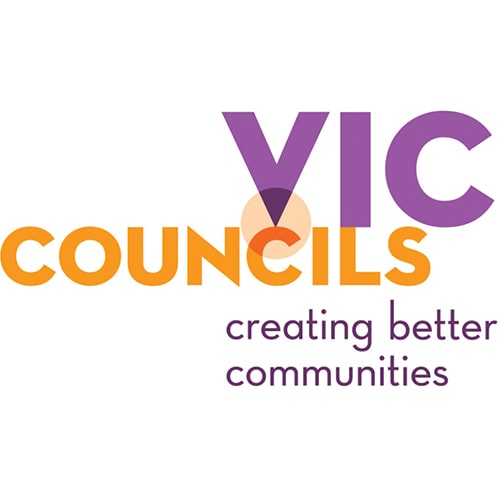State Office:
Neighbourhood Watch Victoria
Victoria Police Centre
311 Spencer Street
Docklands VIC 3008
General Enquiries: (03) 8335 6002
Media Enquiries: ceo@nhw.com.au
ABN: 41 586 657 273
Incorporation Number: A0018739R
By Wayne Petherick, Bond University who spoke at our Neighbourhood Watch forum in July 2021
It’s a full Moon soon.
If past months have been anything to go by, this will be accompanied by a round of public chat about how this affects human behaviour – claims of more hospital admissions and arrests, to crazy antics in children.
Beliefs in the Moon’s behavioural effects are not new and date back to ancient times. But what evidence is there that the Moon has an impact on behaviour?
As a criminologist, I look at evidence related to arrests and behaviour linked with criminal activity.
The only explanation I can see that links criminology with Moon phases is just about the practicalities of being a criminal: when it’s a full Moon, there’s more light.
While somewhat dated, one of the most significant studies looking at Moon phases and linking this with behaviour is a 1985 meta-analysis – a study of the findings of 37 published and unpublished studies. The paper concludes it is not sound to infer that people behave any more – or less – strangely between Moon phases. The authors write:
Alleged relations between phases of the moon and behavior can be traced to inappropriate analyses […] and a willingness to accept any departure from chance as evidence of a lunar effect.
Two more recent studies have looked at links between criminal activity and phases of the Moon.
A study published in 2009 looked at more than 23,000 cases of aggravated assaults that took place in Germany between 1999 and 2005. The authors found no correlation between battery and the various lunar phases.
A study reported in 2016 was careful to make a distinction between indoor and outdoor crime committed in 13 US states and the District of Columbia in 2014.
The authors found no link between lunar phases and total crime or indoor crime.
But they did find the intensity of moonlight to have a substantive positive effect on outdoor criminal activity. As moon illumination increased, they saw an escalation in criminal activity.
One explanation for this finding is what is referred to as the “illumination hypothesis” – suggesting that criminals like enough light to ply their trade, but not so much as to increase their chance of apprehension.
It may also be that there is greater movement of people during lighter nights, thus providing a bigger pool of victims.
Why do some people still cling to the belief that the Moon causes criminal or other antisocial behaviour? The answer most likely lies in human cognition and our tendency to focus on that which we expect or predict to be true.
During an expected lunar event – such as a full or super Moon – we expect that there will be a change in behaviour so we pay more attention when we see it. In the area of cognitive psychology this is known as confirmation bias.
But other questions remain, including why any behavioural effects must be inherently negative? Even if there was a direct effect, explanations as to why acts of kindness and altruism do not increase or decrease during Moon phases are conspicuously absent.
It is likely that we just assume the folklore is true, and believe that we become the werewolf and not the sheep.
Wayne Petherick, Associate professor of criminology, Bond University
This article is republished from The Conversation under a Creative Commons license. Read the original article.
Featured image by Todd Diemer/Unsplash





Neighbourhood Watch Victoria acknowledges the 38 mobs, the Traditional Custodians of the land on which we operate, live, and gather as employees and volunteers. We recognise their continuing connection to land, water and community and pay respect to Elders past, present and emerging.

At Neighbourhood Watch, we believe everyone has the right to feel safe and welcome. We are committed to ensuring diversity, inclusion and equity are embedded throughout our organisation – in the work we do, the services we deliver and among our staff, volunteers, and the communities we work with.


Neighbourhood Watch Victoria
Victoria Police Centre
311 Spencer Street
Docklands VIC 3008
General Enquiries: (03) 8335 6002
Media Enquiries: ceo@nhw.com.au
ABN: 41 586 657 273
Incorporation Number: A0018739R